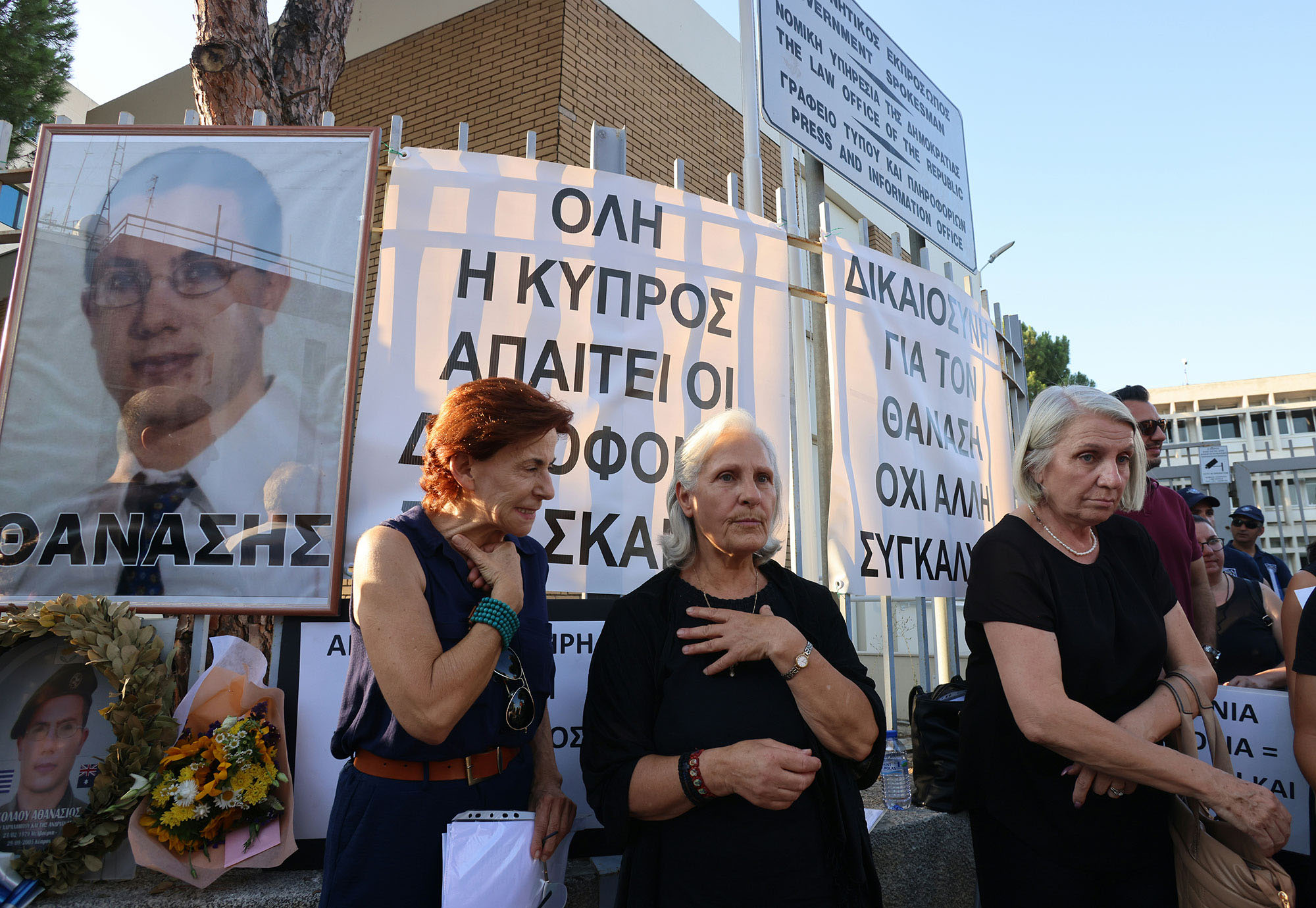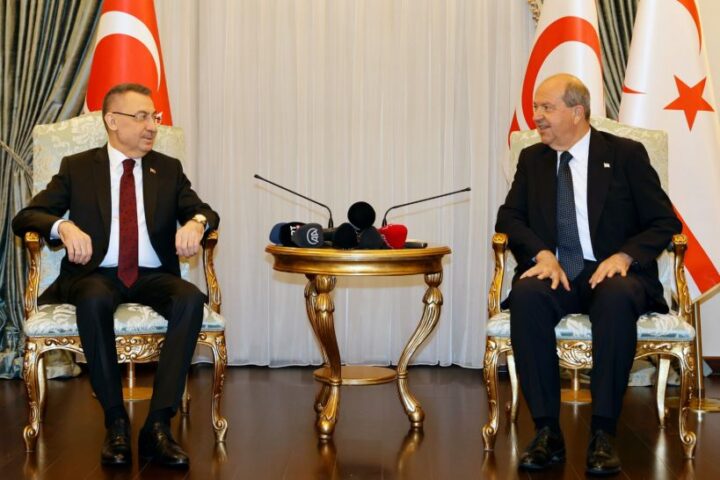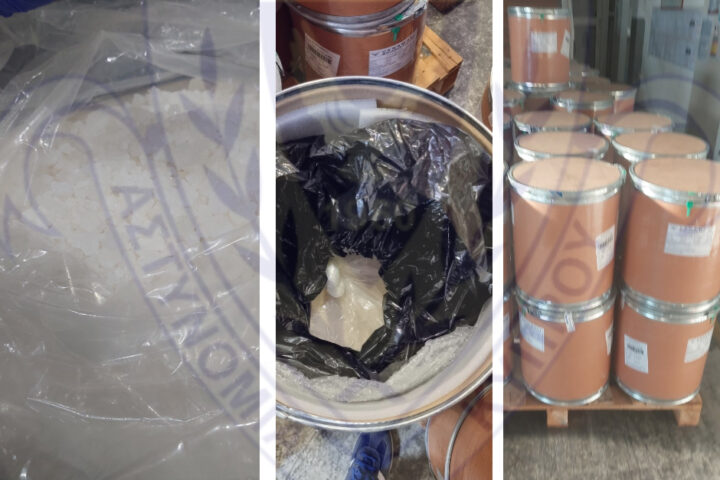A forensic specialist from Greece on Friday provided testimony in the ongoing investigation into the death of Thanasis Nicolaou, saying she is confident that the conscript was strangled to death by a left-handed person.
Dr Dimitra Karagianni, a forensic pathologist, supported her findings based on photographic evidence from the case files and images of Nicolaou himself, presented before the court.
“I am absolutely certain that Thanasis’ death is due to strangulation,” she told the court.
Karagianni, responding to the court’s request, provided detailed forensic findings, emphasising an observation of the hyoid bone that revealed signs of severe traumatic injury consistent with strangulation.
“This discovery strongly suggests that Nicolaou’s death resulted from asphyxiation inflicted while he was alive,” she told the court.
Addressing state pathologist Panicos Stavrianos’ report, who initially concluded that Nicolaou’s death was a suicide, Karagianni mentioned reviewing it and consulting literature, indicating that fractures in the specific location of the hyoid bone are indicative of strangulation.
The pathologist illustrated forensic parallels by showcasing photographs from medical literature depicting similar strangulation cases.
Athena Dima, the family’s legal representative, questioned Karagianni about the consequences of strangulation. Karagianni highlighted the typical presence of haemorrhagic conditions and visible bruising in such fatalities.
Notably, she pointed out specific bruising on Nicolaou’s neck, suggesting that the assailant must have been left-handed, a detail crucial to the ongoing investigation.
However, Karagianni’s testimony contradicts another forensic pathologist, that of Emmanuel Agapitos, who raised concerns about a possible life-born injury.
Previous testimony
In a previous court session, Agapitos emphasised the microscopic examination of plaques containing Nicolaou’s hyoid bone, noting a 3mm long defect in the left horn.
The forensic pathologist had stated that, “we are not sure about a life-born lesion, but neither can we rule out that it could have existed.”
Agapitos acknowledged the absence of haemosiderin granules, indicating a living injury, but noted that their non-detection does not exclude the possibility that it existed and was absorbed over time.
The examination occurred 16 years after Thanasis Nicolaou’s death.
Facing questions about the cause of the hyoid bone deficit, Agapitos responded cautiously, saying that no conclusions could be safely drawn, “not with certainty.”
The case of Thanasis Nicolaou’s death was reopened 16 years later after his mother, Andriana Nicolaou, had relentlessly insisted that her son had not committed suicide, but was murdered after stumbling on a drug ring in his army camp.
The soldier’s body was found under a bridge in Alassa, Limassol, in September 2005, about 12 kilometres from his home and barracks.
At the time, authorities were convinced that Nicolaou had committed suicide, but police had not questioned all his fellow army comrades, despite the victim reporting being bullied.
In February 2021, the ECHR ruled that authorities had botched the investigation into his death.










